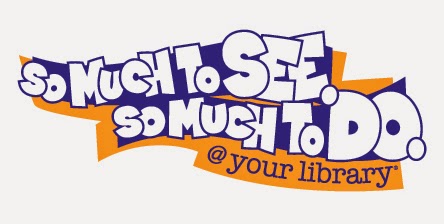Associate Attorneys No Longer Unhappiest
Last year, associate attorneys topped the Forbes list for the unhappiest workers in America . Things must be looking up because this year associate attorneys didn't even make the list. The Findlaw blog reported on the list and said that "[l]ast year, associates topped the list; this year, they're not on it at all. Security guards now have that honor, which makes a lot more sense. Bank managers, accountants, customer service reps, store managers, sales execs, tech support reps, marketing managers, sales managers (again?), and machine operators completed the field." Findlaw also offered a few ways to perk yourself up if you are feeling unhappy: 1. Smile! When we're happy, we smile. It's unconscious, which shows how tightly the brain and the facial muscles are connected. Well, that connection works both ways. Just smile and see how it brightens your mood. It can work. Seriously, it's science. 2. Exercise. Science to the rescue once again. Exerci


